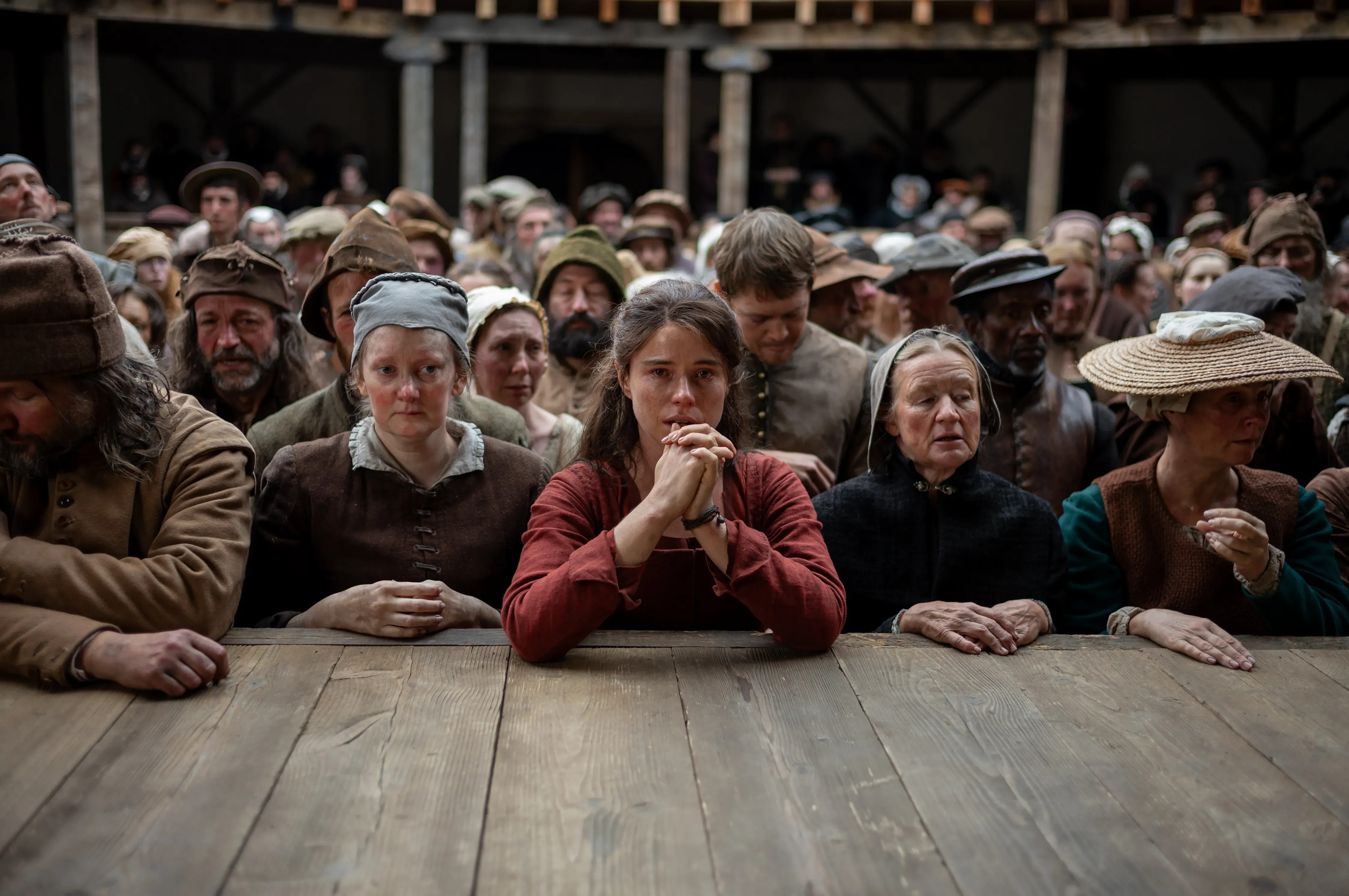
A Fresh Twist on Hamlet: Chloé Zhao's Production "Hamnet"
- Sep 6, 2025
Get your popcorn ready, Shakespeare fans! As if by some cosmic joke, we had not one, not two, but three cinematic renderings of "Hamlet" making rounds at the Telluride Film Festival this year. But Chloé Zhao's masterpiece "Hamnet" - yes, that's with an "N" - takes the top prize for staring unblinkingly at death and serving up the most satisfying catharsis.
Best known for her directorial prowess in "Nomadland", Zhao has crafted a film so emotionally raw it could draw tears from a stone. Jessie Buckley, as Shakespeare’s partner and a mother like none other, delivers a tour de force, with Paul Mescal adding depth to the tale as a grieving Shakespeare.
Take a moment to recall a chat I had years ago with Zhao, revolving around Agnès Varda, a filmmaking legend. Zhao noted an imbalance between masculine and feminine forces in our world, and clarified that her observation was not about gender, but energy. Industry-wide, there is a predilection for celebrating masculine spirit in storytelling.
This perspective guides the soul of "Hamnet". Zhao's latest movie bravely acknowledges our collective fear of the unknown parts of ourselves as humans - such as our feminine or shadow sides - and seeks to restore some balance. It’s a courageous project, heavily inspired by Maggie O' Farrell's eponymous novel.
In the film, we watch a budding romance between a young Shakespeare and the adventurous, witch's daughter called Agnes - played wholeheartedly by Mescal and Buckley. You might wonder what 'Agnes' is doing here, but hey, it's a more fitting name than Anne Hathaway!

Recounting this mesmerizing narrative, Zhao opts for a Terrence Malick-esque storytelling style, embracing the world that envelops her characters. The film opens with a powerful shot of Agnes, cradled by the roots of-wait for it-the "Tree of Life!" Loaded with symbolism, the film introduces us to the beginnings of the great bard.
Agnes and young William fall deeply for each other. Defying family wishes, they choose love over tradition, using an archaic form of marriage known as 'handfasting'. The birth of their first child, Susanna, pretty much locks in their union as irrevocable.
The film’s depiction of grief through the eyes of two bereaved parents, Agnes and Shakespeare, is some of the most heart-wrenching cinema to be seen in recent years. And "Hamnet", rather than shrinking from the issue of mortality, boldly confronts it. But it's in the placement of female elements at the center of on-screen narrative that "Hamnet" really revolutionizes the cinematic experience.
Without revealing too much, William Shakespeare pours his sorrows into his works (allowing us a new perspective on a play many think they know inside out), while Agnes unleashes her grief from the theater's feet. Zhao's decision to cast Noah Jupe, older brother of Hamnet’s young actor, in the role of the original Hamlet on stage, was a stroke of genius.
"Hamnet" is Zhao's comeback bid after a rather disappointing adventure with Marvel in 2021. It prompts us to ponder anew that most philosophical of questions- "to be or not to be," but unlike Shakespeare's prince, Zhao isn't contemplating suicide. She's underscoring the importance of truly living-of embracing life despite death's inevitability. Inevitably, this poignant depiction invites us all to experience the sensation of loss anew and unveils something profoundly intrinsic to our lives.







